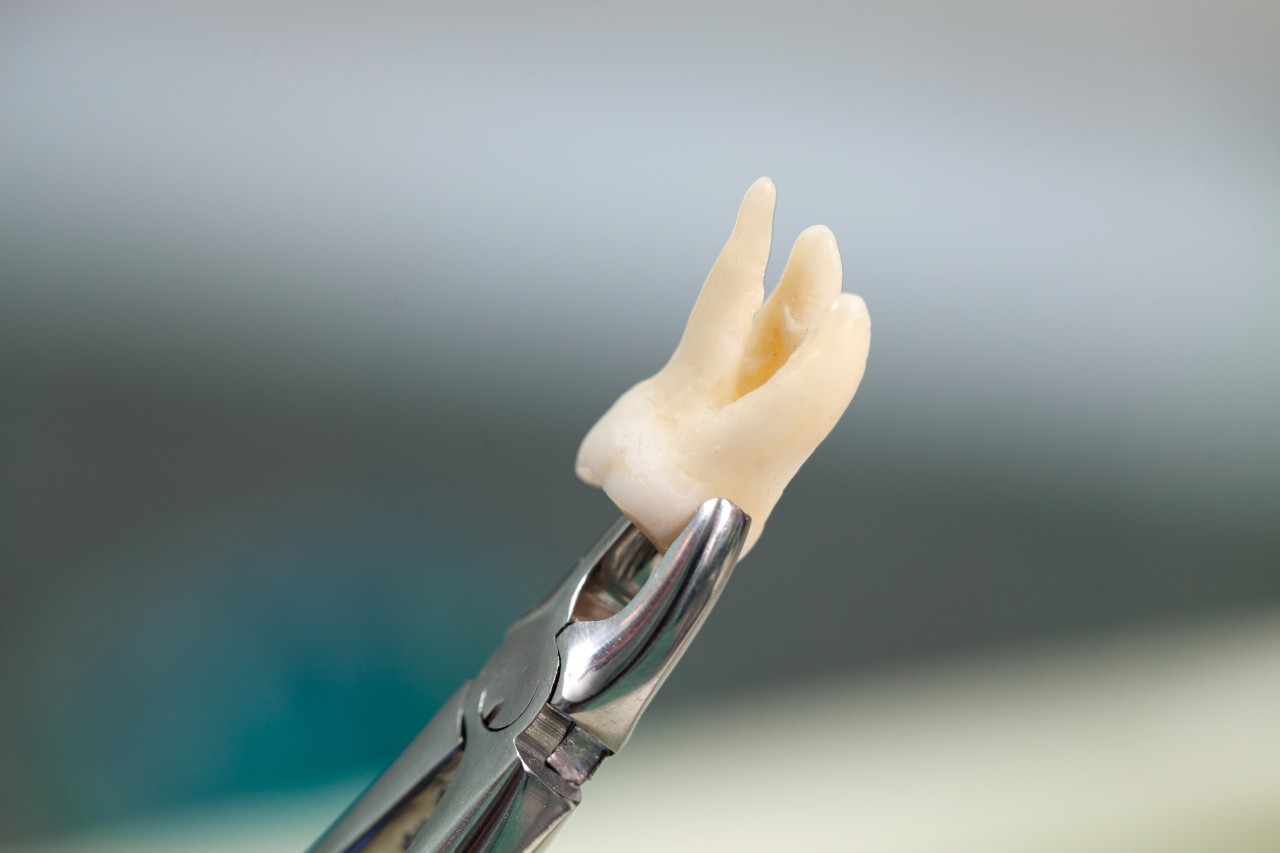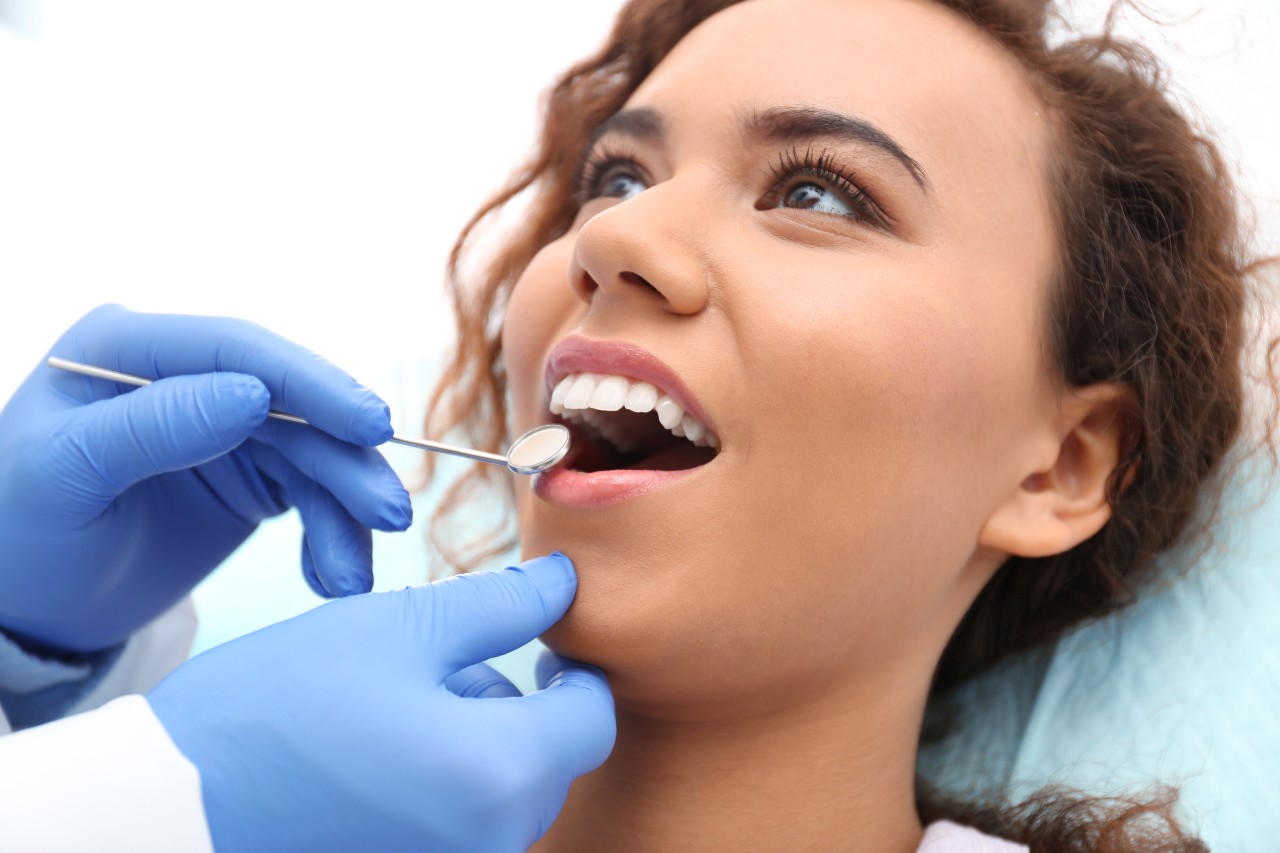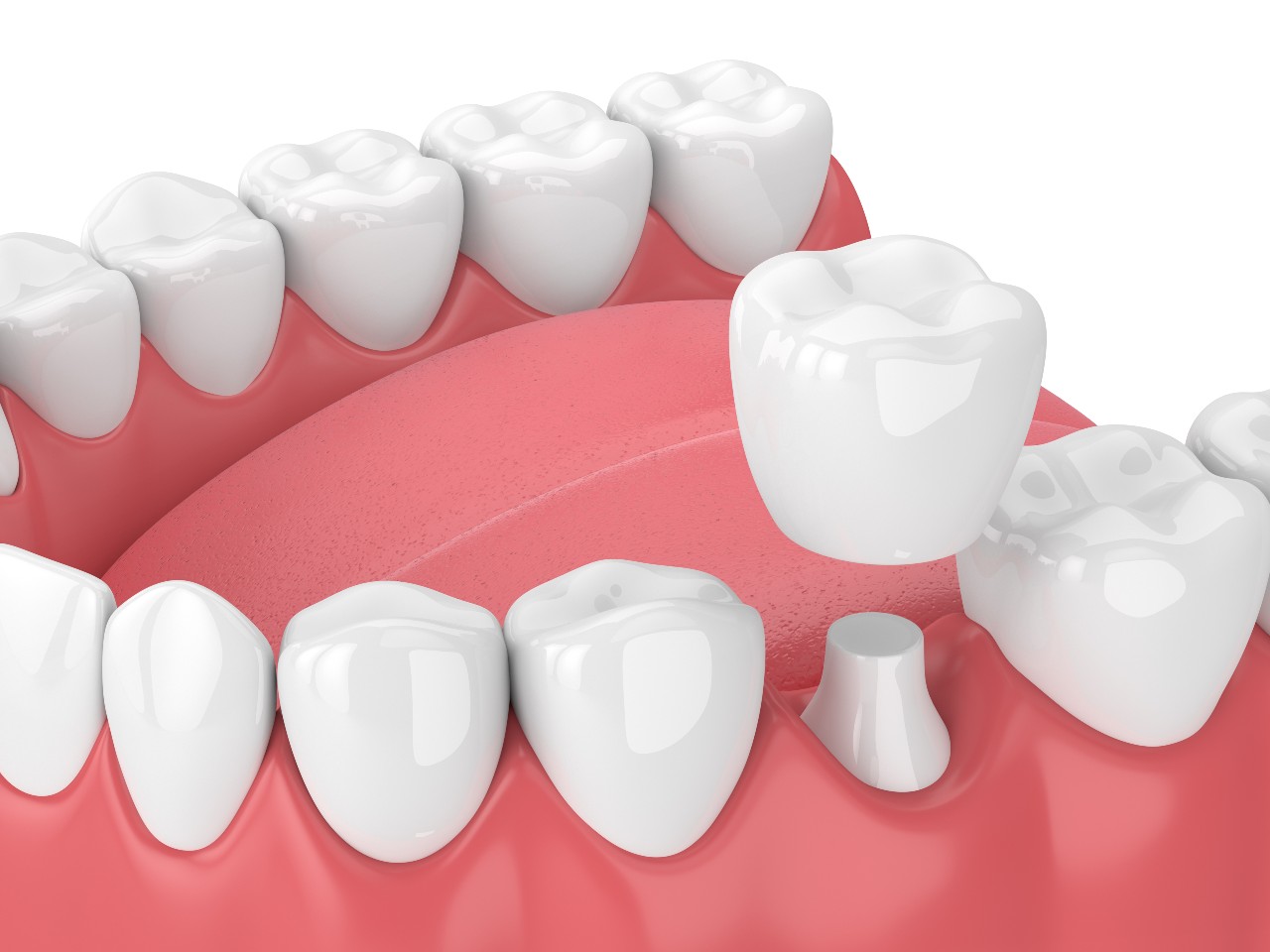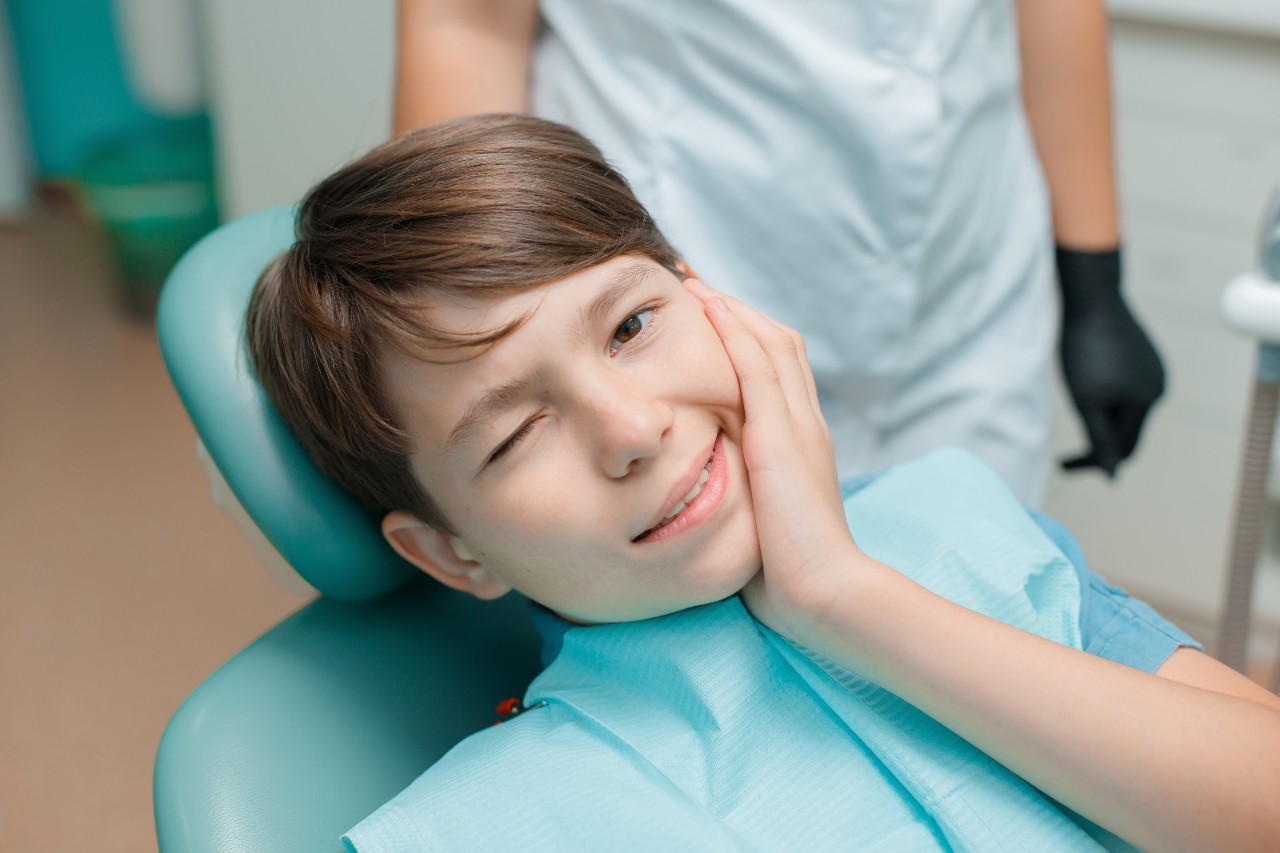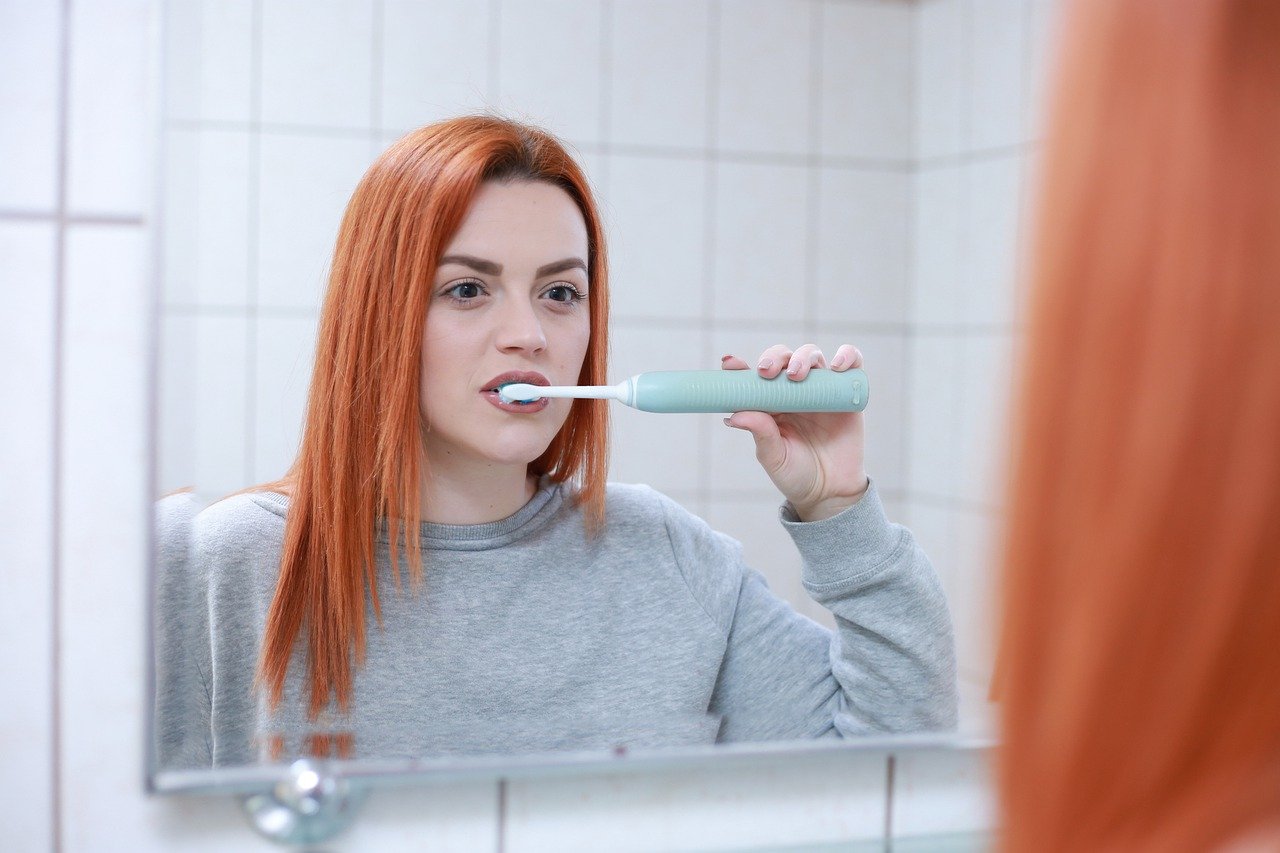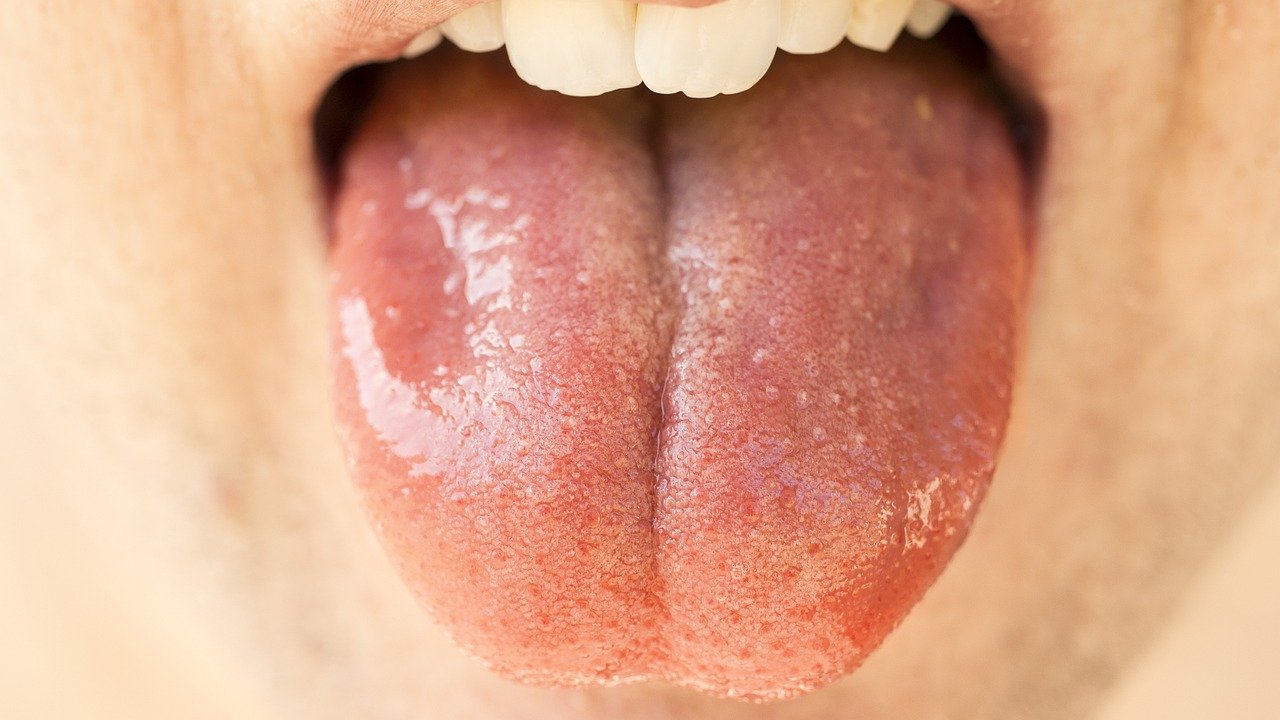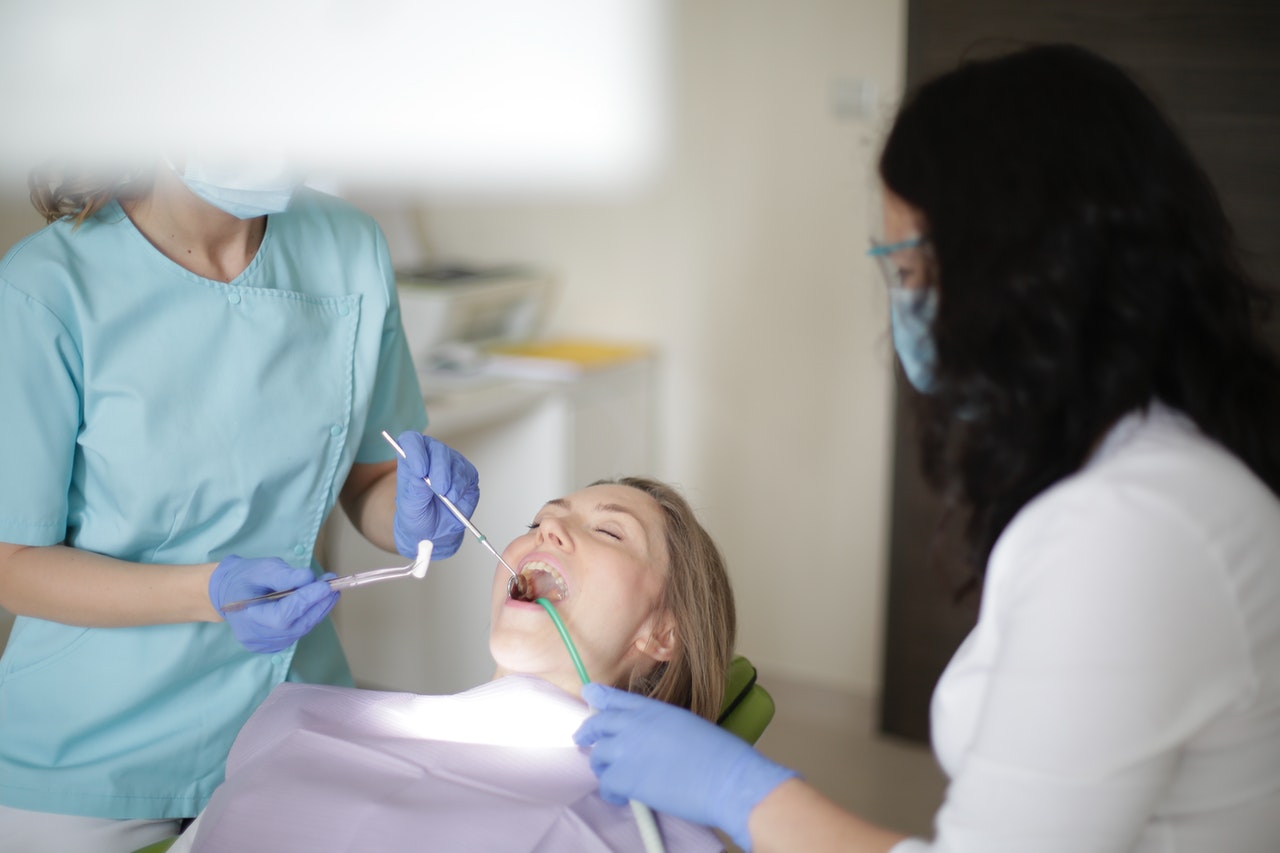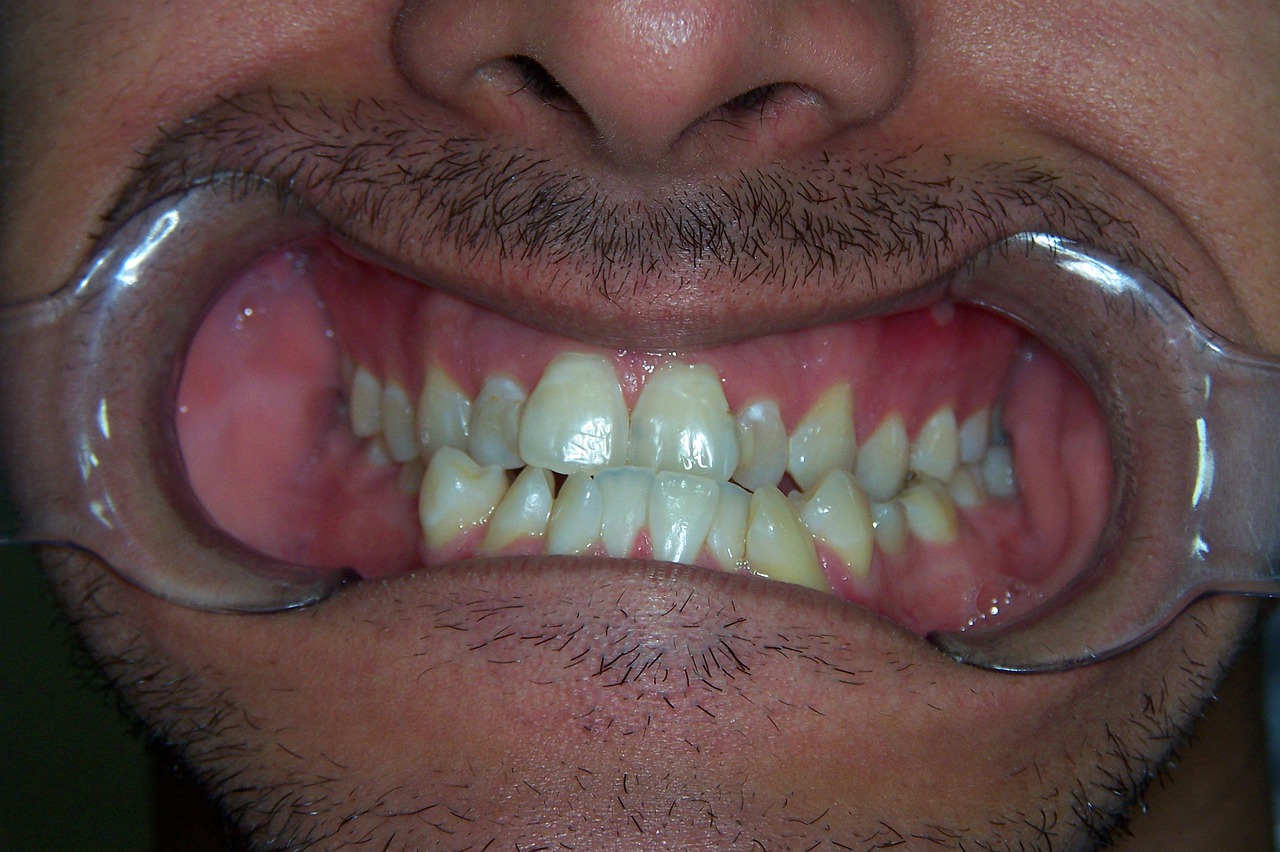Wisdom teeth are the back molars in our mouths and tend to erupt between the ages of 17 and 21. Most people do not have enough room in their jaw for wisdom teeth to properly erupt. Wisdom teeth can be impacted, or cause issues once they erupt such as overcrowding or infection.
If you require wisdom teeth surgery you may wonder how the recovery will be. Wisdom teeth removal is a common procedure and recovery tends to be pretty easy. The recovery period after wisdom teeth removal is around a week. This depends on the person, and in some cases, the recovery period may take longer if the wisdom teeth are impacted.
What Can I Expect During My Recovery?
Wisdom teeth surgery is done in one appointment, and anesthesia is typically used to help keep patients comfortable and relaxed. After your surgery, you will be brought into a recovery room where you will be monitored until it is safe to go home. We require all patients to bring a family member or friend to the surgery to help get them home safely.
A few hours after your surgery you will regain feeling in your mouth. Swelling and some bleeding are normal, and this should subside after a few days. A cold compress can be used on your mouth at home to help with any swelling or pain. Our team will discuss pain medications, and give you instructions you can take home.
We recommend all patients follow a soft food diet and avoid any alcohol or tobacco products. Patients should avoid using a straw as this can aggravate the surgery area and cause complications. On average patients begin to feel fully recovered around three to four days after their surgery. Patients should follow good oral hygiene habits to help keep the surgery area clean and avoid infection. If you notice any prolonged pain, swelling, or bleeding that does not subside, please call dentist in El Paso to be seen right away.
Looking for Wisdom Teeth Removal and Want To Learn More?
If you are interested in finding out more about wisdom teeth removal contact 915 Smile Studio. Our doctors have years of experience in wisdom teeth removal and provide the highest level of care. If you are experiencing any pain, or think you may have an issue with your wisdom teeth, we recommend contacting us right away. Any issues with wisdom teeth should be addressed immediately to avoid complications.
To find out more, or to schedule your wisdom teeth consultation, contact 915 Smile Studio today!
